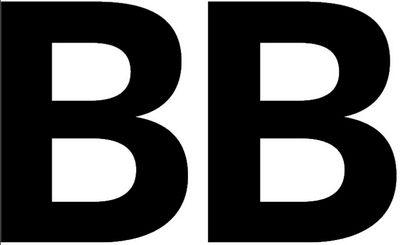Yesterday, I wrote about the roles our beliefs play in our response to the things that happen around us. A hypothetical situation in which we were cut-off by a pedestrian helped to show how much these beliefs matter. We can easily forgive a child or a blind woman who “doesn’t know better,” but we hold a grudge against the teenager who apparently walked into the street just to spite us.
I imagine most of us can relate to this. We’ve all been in situations in which our reactions to an event completely changed after learning that the other party was dealing with something heavy, or had some other shortcoming that helped to explain their actions.
But what if we take it a step further?
Let’s look at the arrogant teenager who cut us off again.
Why did he cut us off? Just to make us mad?
Maybe, but that can’t be the whole answer. He would not have gone out of his way to make us mad unless he thought he would get something out of it. Maybe he thought it would make him feel in control, or boost his reputation, or simply make him feel better about himself. Even if it’s true that there was malicious intent, it doesn’t stop there. There’s always a deeper reason.
As Socrates claimed, no one errs or does wrong willingly or knowingly.
We (and everyone around us) tends to do what we think is best in a given moment. Even when we slip up and do bad, or even terrible things, we do them because our worldview and decision making has led us to think that was the correct choice in that situation.
It doesn’t mean that the teenager was right to cut us off, but maybe this view helps us emphasize with him. He didn’t cut us off just to make us miserable, he cut us off because he somehow thought that was his best move in the situation. If anything, we should feel sorry for him.
-Brandon
